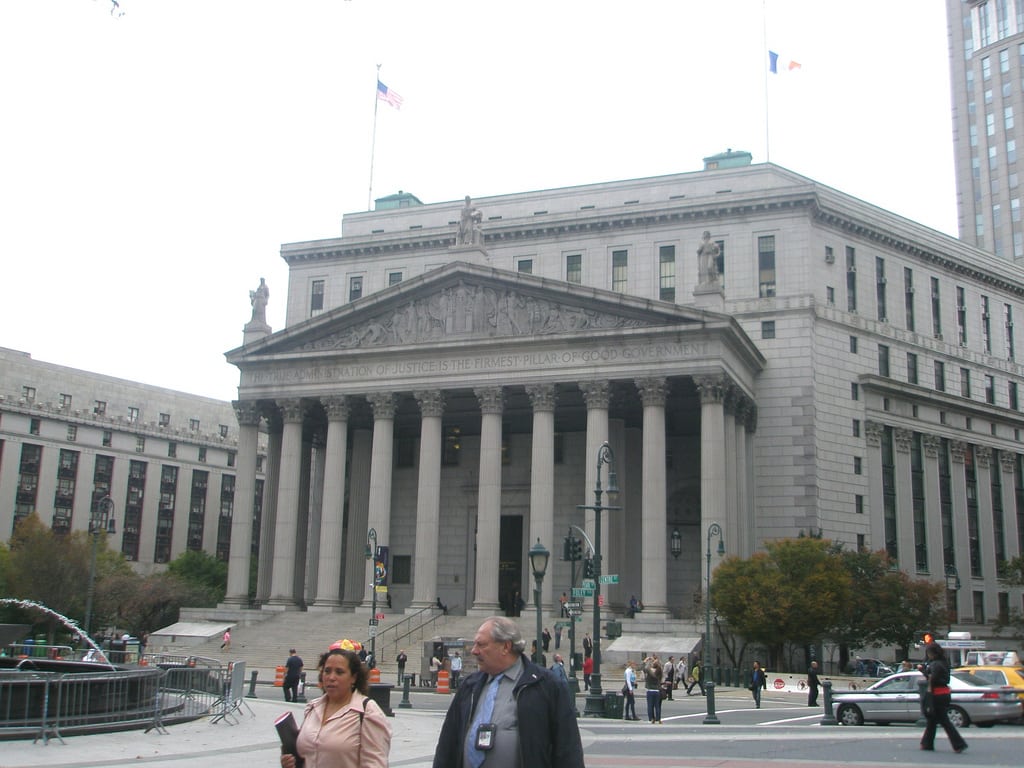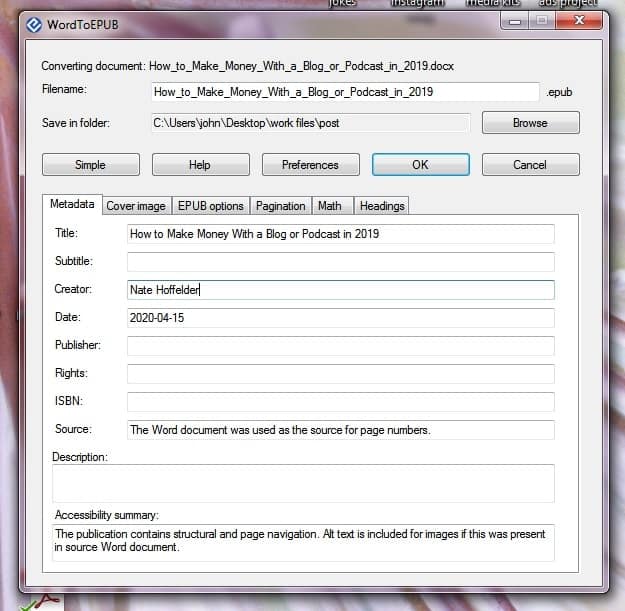Google Responds to The Authors Guild in Google Books Appeal

![5226636919_34c460f5f9_b[1]](https://the-digital-reader.com/wp-content/uploads/2014/07/5226636919_34c460f5f9_b1-250x187.jpg)
In the appeal, Google starts by reiterating its arguments that its book-scanning project fell under the Fair Use clause of US copyright law. Frequently citing the similar HaithiTrust ruling, Google’s brief takes us through the four parts of the fair use exception while noting that "statutory factors are not a scorecard".
In addition to going through the factors point by point, Google also took a moment to respond to the arguments raised in The Authors Guild’s appeal, including that Amazon was harmed by the Google Book project. Describing it as a "blatant distortion of the record", Google notes that all of the material cited was drawn not from the library project but from "Google’s Partner Program, which involves extensive display of book excerpts with rightsholder permission."
The search engine giant later disputes the facts of some of The Authors Guild’s arguments, including that Google displays "78% of the verbatim text of millions of in-copyright books". While The AG was correct in that at least 22% of each book is inaccessible, according to Google (and anyone who has used Google Books) they’re wrong in claiming that Google displayed the full 78% to any single user. Instead, Google contends that "Google Books displays no more than three snippets from a book in response to a search query" and points out that it is simply not practical for any user to search for multiple snippets and reassemble a book.
Google extensively rebuts the arguments made in The Authors Guild’s appeal as well as points previously raised. All in all, I would bet that Google stands a better chance of winning this appeal than The Authors Guild. After all, this appeal is being tried before the 2nd Circuit Court of Appeals. This is the court which initially suggested that Judge Denny Chin consider fair use as a defense, so it seems likely that the 2nd Circuit will follow its earlier ruling by denying this appeal.
For those just tuning in, The Authors Guild and Google are locked in round N+1 of a court case which started in 2005. Following Google’s announcement in 2004 of a program to scan books in university libraries and show snippets online, The Authors Guild and other parties sued in 2005. After numerous rounds of motions, appeals, a settlement between the AAP and Google as well as a settlement with The AG which was rejected by Judge Chin in 2011, and even more appeals, the lawsuit came to an abrupt middle in November of last year with a decision in Google’s favor. Using the earlier HaithiTrust decision as a guide, Judge Chin ruled that the Google Books project was fair use.
I don’t know about you but I don’t see why this case is still in court. By the time that ruling was issued, the case and the legal points it covered were relatively unimportant and had been subsumed by larger issues including ebook sales and online sales of print books. Snippets don’t matter as much in 2014 as they did in 2005 because now they’re used to sell books online. Authors and publishers (as well as students and academics) unquestionably benefit from Google Books, so I think there are better ways to spend our time.
found via Publishers Lunch
image by smilygrl


Comments
Chris Meadows July 7, 2014 um 2:54 pm
Second Circuit is also the one that ruled on the HathiTrust appeal.
Nate Hoffelder July 7, 2014 um 3:42 pm
Yep. It almost makes me wonder why The AG even bothered.
Chubby Rain July 8, 2014 um 3:39 pm
Who cares 78% or 22% … Google copied 100% of the books for commercial purposes without compensation to authors and publishers. It shouldn’t get a free pass just because it shows "snippets" or because they think it’s a socially beneficial service. The case and the legal points are very important, because the courts erred in finding that copying millions of books without permission is somehow "transformative".
Eric July 15, 2014 um 4:30 pm
The bigger problem here for authors is that the AG never negotiated a deal whereby authors could have been paid a royalty for each use of the snippet or even promote digital sales of the books. The AG should have been working *with* Google, rather than against it. Authors should be fleeing the AG in droves since the AG’s major major interest seems to be using all its resources on a ridiculous lawsuit when they had a chance to do something innovative and revenue producing for the authors they claim to represent.